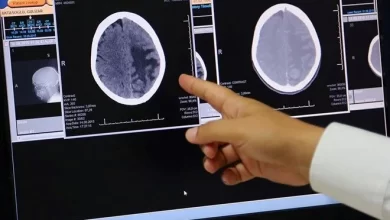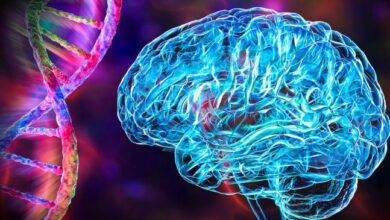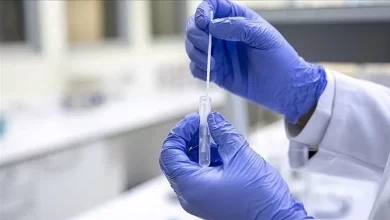What You Need to Know About Cancer Disease

Some important information about cancer that has become our nightmare.
With the discovery of antibiotics in the last century, the average human lifespan has increased by about 30 years, people have been able to live longer than dying from simple bacterial infections, but this longevity has brought a greater enemy to humans. cancer.
It is a great benefit to know what causes this disease, which even has a frightening name, and what can be done to prevent it.
What increases the risk of cancer?
- Age
- Increasing age increases the risk of almost all cancers, the most diagnosed age is 66. The most diagnosed age is 61 for breast cancer, 68 for colon cancer, 70 for lung cancer and 66 for prostate cancer.
- Cigaret
- Smoking is the #1 cause of cancer. Harmful chemicals in cigarettes cause cancer by disrupting the structure of DNA. There are studies that have been proven to increase the risk of all types of cancer.
It increases the risk of lung cancer approximately 25 times compared to non-smokers, this rate is 2500% if expressed as a percentage.
Smoking is responsible for 30% of cancer-related deaths and 20% of deaths in general. 87% of lung cancers in men and 70% in women are caused by smoking.
There is also promising information about smoking. Those who quit smoking between the ages of 25-34 live an average of 10 years, 9 years between the ages of 35-44, 6 years between the ages of 45-54, and 4 years longer than those who quit smoking between the ages of 55-64. . .
- Alcohol
- alcohol use increases the risk of cancer of the head, neck, esophagus, liver, breast, stomach, colon, only the more alcohol you drink, the higher the risk, according to the research of the national health institutes, about 50 grams of alcohol per day (2-3 servings 50 cl) The risk of developing alcohol-related cancers increases approximately 1-3 times in people who consume beer (beer). There is another interesting research; A study of nearly 19,000 people found that alcohol use reduced the risk of non-Hodgkin lymphoma and kidney cancer by 15%. but it is worth repeating, alcohol use is definitely a factor that increases the risk of cancer.
- Red meat
- It has been observed that people who consume an average of 140 grams or more of red meat per day are approximately 28% more likely to develop colon cancer than those who consume less red meat (30 grams or less per day). On the other hand, the risk of cancer increased by 20% in those who frequently consumed processed meats (sausage, salami, sausage, etc.). In addition, how red meat is cooked is very important, as the temperature of the cooking method increases, the risk of cancer increases. For example, stir-frying is much more carcinogenic than boiling in water.
- Sunlight
- Since the ozone layer is damaged, the harmful rays of the sun can reach the earth, these rays (such as uva, uvb) can cause cancer by mutating skin cells. Exposure to sunlight for more than 15 minutes per day on average increases the risk of skin cancer, the whiter a person is and the longer they stay in the sun, the higher the risk.
- Radiation
- There are basically two types of radiation; ionizing radiation and non-ionizing radiation. According to studies, ionizing radiation increases the risk of cancer because it has enough energy to damage DNA, so medical imaging techniques such as x-ray and tomography increase the risk of cancer, but it should be noted that MRI does not contain radiation.
- Obesity
- People with a body mass index over 30 are called obese. It can be calculated simply from here. A study conducted in the USA in 2007 revealed that obesity is responsible for 20% of cancer cases in men and 14% in women, and even that the rate of esophageal cancers being associated with obesity is around 40%. Another interesting result of this study was that if people in America lower their body mass index by 1 unit (which means roughly 1 pound of weight loss for everyone), 100,000 new cancer cases could be prevented.
Misconceptions about Cancer;
“Cancer is more likely to result in death.”
Deaths from cancer have declined drastically since 1990 with the development of new drugs. The 5-year survival rate in breast, prostate and thyroid cancers has exceeded 90%, and the overall 5-year survival rate in all cancers is approximately 66%.
“Eating sugar makes cancer worse.”
Eating sugar does not feed cancer cells and does not make them worse. Although it has been proven that cancerous cells consume more sugar than normal cells, it has been found that eating sugar does not make cancer worse. However, eating sugar indirectly increases the risk of cancer, as it causes weight gain and can lead to obesity.
“Stress causes cancer.”
Although it is known that stress causes many health problems, scientific studies on the cause of cancer are not convincing enough, but people under stress can adopt habits such as smoking, alcohol, and unhealthy diet to cope with stress.






